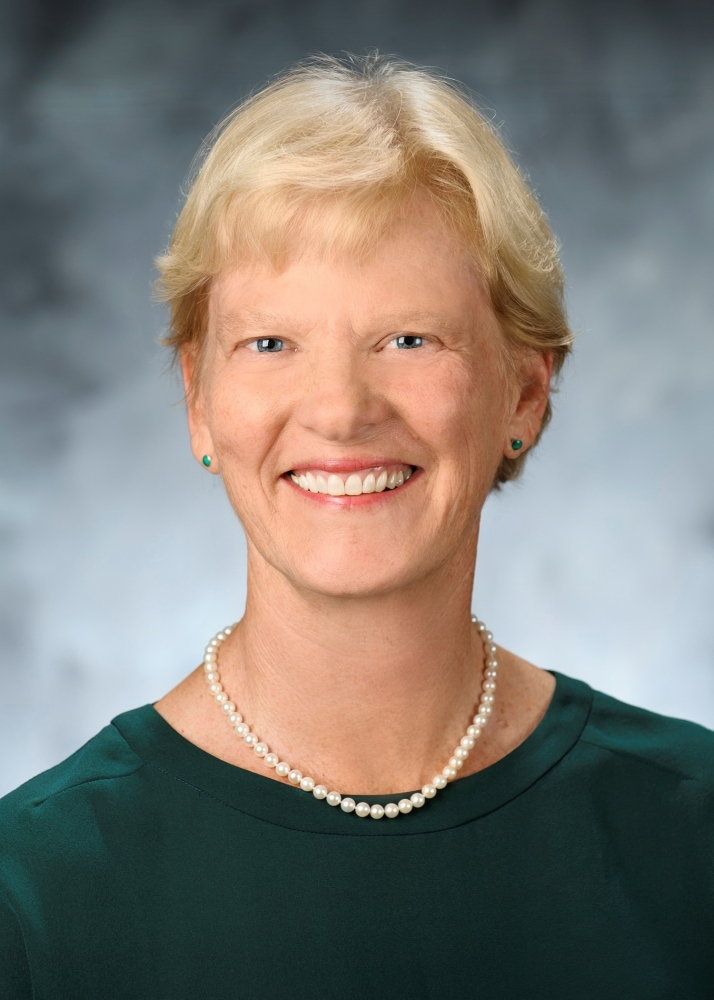
Highly Decorated
Alison Butler is on a roll.
The distinguished professor in UC Santa Barbara’s Department of Chemistry and Biochemistry has received the Royal Society of Chemistry’s Inorganic Mechanisms Award. This follows Butler’s recent election to the American Academy of Arts and Science, as well as her 2019 Arthur C. Cope Scholars Award and 2018 Alfred Bader Award in Bioinorganic or Bioorganic Chemistry from the American Chemical Society.
“I’m very pleased to receive this award in part because many of my colleagues in the Department of Chemistry and Biochemistry are so well known for their work on mechanistic inorganic and mechanistic organic chemistry,” Butler said of the new honor. “This makes for a really wonderful environment for me and my research group.”
The Inorganic Mechanisms Award, which comes with a grant and the opportunity to do a lecture tour in the United Kingdom, recognizes research that furthers our understanding of the mechanisms underlying chemical reactions in any branch of inorganic chemistry. This is precisely Butler’s area of expertise. “My roots are in mechanistic inorganic chemistry,” she said.
Butler’s team focuses on investigating the role metal ions play in certain biological systems. Bacteria need iron to grow because it’s crucial to a host of different enzymes. But the element is not readily available. It’s locked up in rust or other minerals, or in proteins if they live in a host, Butler explained. So they secrete small molecules called siderophores which bind strongly to iron. And each species of bacteria has its own type.
Siderophores were discovered in the late 1950s, but now researchers like Butler are analyzing the genomes of bacteria to identify the pathways of siderophore production. A better understanding could, perhaps, be used to thwart the growth of pathogens.
Butler believes that her research on siderophores, as well as her previous work understanding the mechanistic chemistry of the first vanadium enzyme, is likely what caught the attention of the Royal Society of Chemistry’s selection committee.
Her colleagues agree. “The department is thrilled to hear about Professor Alison Butler winning the 2019 Inorganic Mechanisms Award,” said chemistry department chair Steve Buratto. “This honor underscores her status as one of the leading researchers in inorganic chemistry in the world.”



